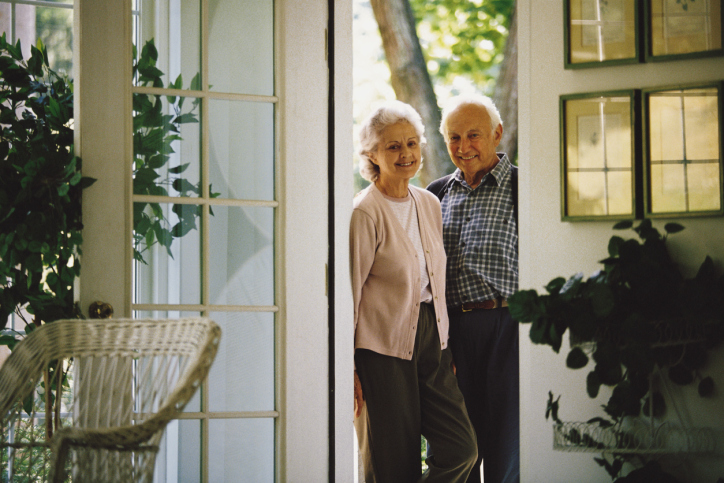The growing number of older people in Britain is further fuelling the crisis situation on the housing market, experts say. The latest figures show the number of Britons aged 65 and above has hit a new record of 11.4 million and many of them are still living in their family homes. Peter Ford, chairman of Rangeford […]
The growing number of older people in Britain is further fuelling the crisis situation on the housing market, experts say.
 The latest figures show the number of Britons aged 65 and above has hit a new record of 11.4 million and many of them are still living in their family homes.
The latest figures show the number of Britons aged 65 and above has hit a new record of 11.4 million and many of them are still living in their family homes.
Peter Ford, chairman of Rangeford Holdings, comments:
“A new generation of empty nesters is approaching later life in a different way and the challenge of today’s developers is to build more homes that the older generations want to downsize to rather than feel they have to. When looking at the problems surrounding the housing crisis, lack of supply is often highlighted as the biggest cause for concern for the housing industry, but under-occupation of private homes equally needs to be addressed.
“We know from Strutt & Parker’s Housing Futures report (Sep 2014), that across the UK, 47 per cent of privately owned households are empty nesters occupying houses that are too large for their needs.
“The ‘baby-boomers’ generation is growing fast, with Euromonitor forecasting their spending power to reach $15 trillion by 2020.
“This group is widely associated with privilege and were the wealthiest, most active, and most physically fit generation up to that time. With a liking for increased consumerism, the majority are not willing to compromise and looking to improve their lifestyle to suit their life stage at 60+.”
Keeping that in mind Rangeford Holdings has developed Wadswick Green, a new retirement village in Wiltshire, targeting the discerning baby boomer generation (currently aged between 50 and 68). These customers are likely to be seeking aspirational homes to ‘right-size’ rather than ‘downsize’ to. The luxury homes with elevated services at Wadswick Green provide an option to do that.
“The idea is that retirees swap unused bedrooms and oversized gardens for aspirational lifestyle services and care facilities on-tap and embrace quality hassle-free modern architecture over high-maintenance older homes; thus freeing-up unutilised larger homes for families who have grown-out of their homes and require the living space,” Ford explains.














